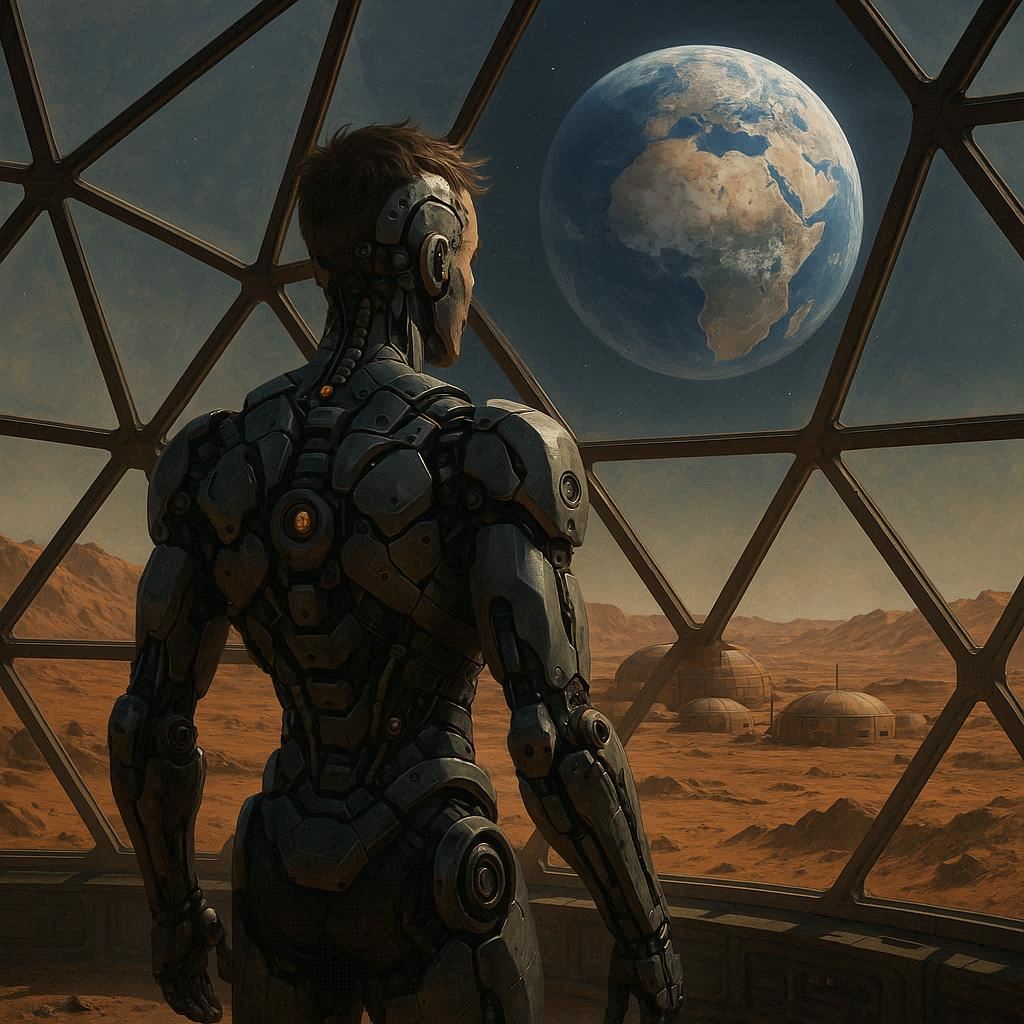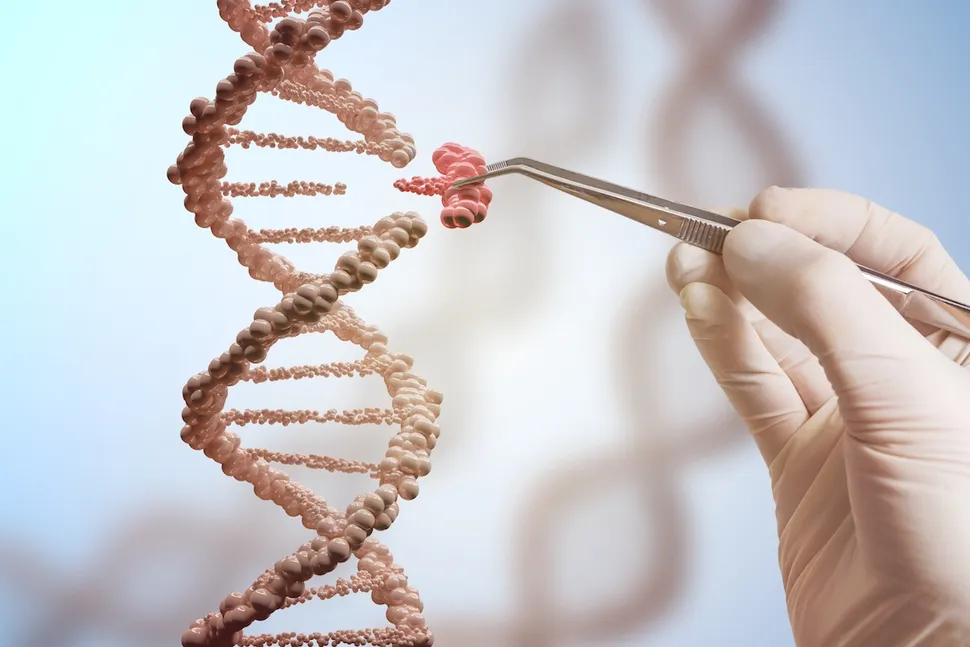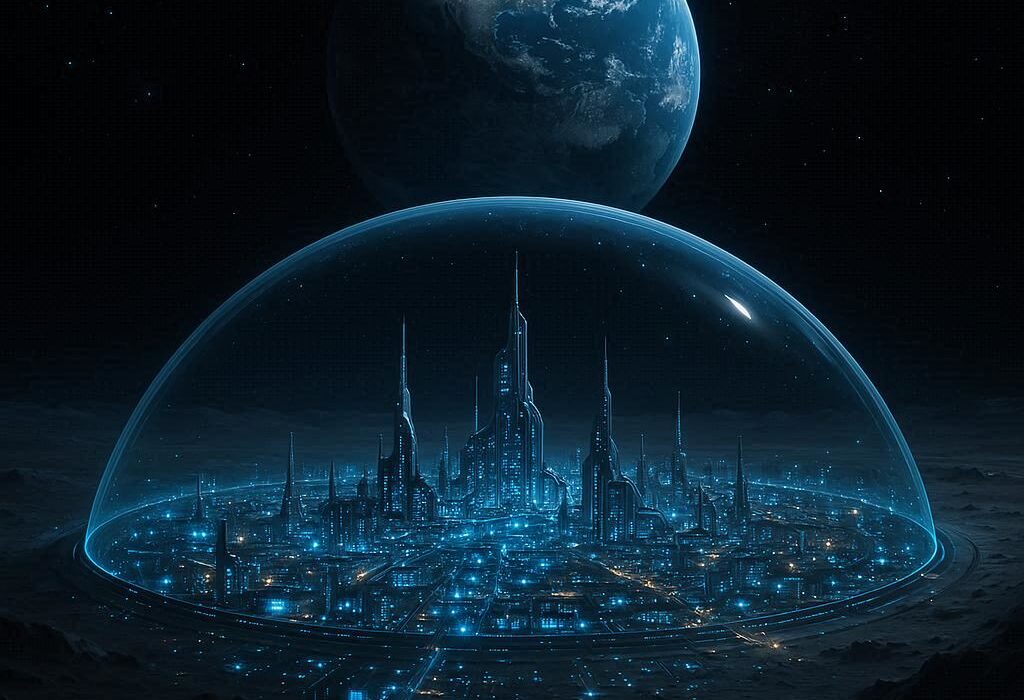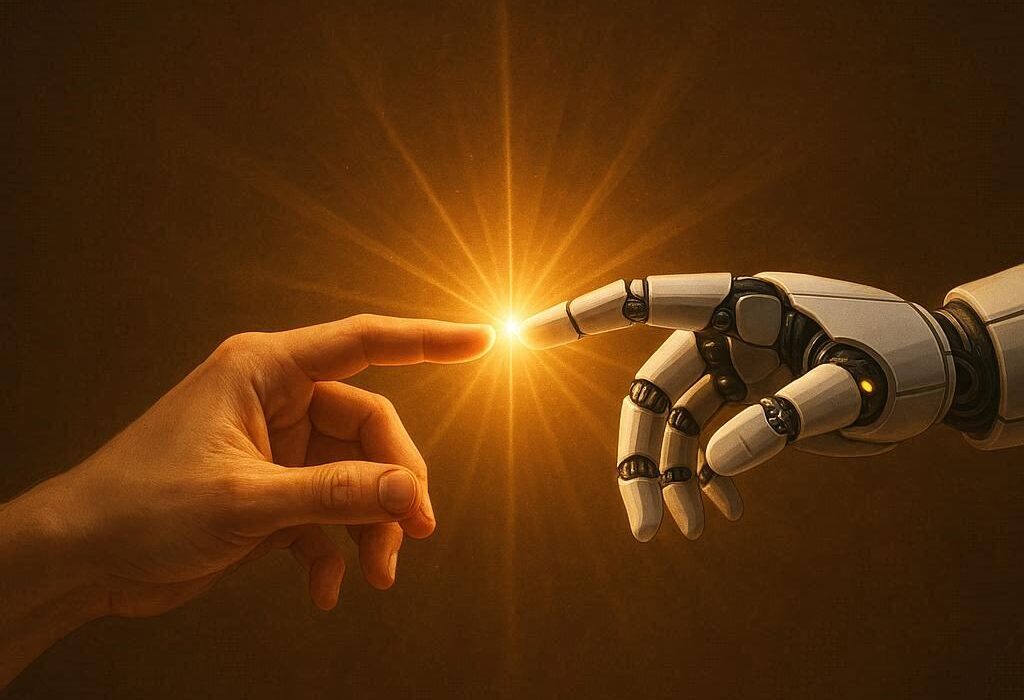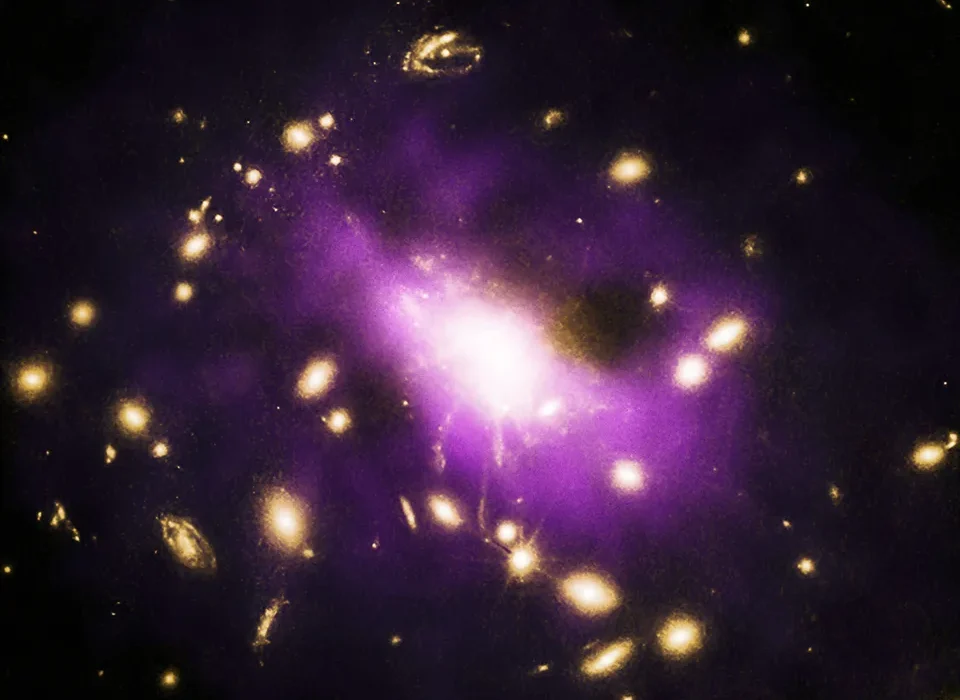A Glimpse Into Tomorrow
Human history is a story of unexpected revolutions. The printing press turned villages into global conversations. The discovery of electricity lit up the night. The mapping of DNA revealed the script of life itself. Each leap seemed unthinkable to those living just a century before. Now, as we stand at the threshold of a new century, the imagination strains to grasp what is coming.
The next hundred years may not merely change the tools we use or the comforts we enjoy. They may redefine what it means to be human, what it means to live on Earth, and perhaps even what it means to exist in the universe. The predictions that scientists whisper, explore, or even warn about are not science fiction—they are the natural consequences of discoveries already unfolding. Some promise utopias of health and knowledge. Others carry shadows of risks that could shake civilization itself.
This is not prophecy. It is not the certainty of tomorrow written in stone. It is a window into possibilities, grounded in science, yet colored by the unpredictable creativity and folly of humankind.
The Dawn of Human Transformation
Perhaps the most intimate shock awaiting us in the next century is the transformation of the human body itself. For millennia, our biology has been shaped by evolution’s slow hand. But evolution’s clock ticks in millions of years. Science is now learning to edit the script of life at will.
With CRISPR and its descendants, genetic engineering is already correcting diseases once thought untouchable. In the future, the boundary between curing and enhancing will blur. Parents may choose the eye color, immunity profile, or even cognitive predispositions of their children. What begins as medicine could become design. Humanity may face a world where the concept of “natural” birth no longer holds, and the ethical questions may burn hotter than the technologies themselves.
Beyond genetics lies cybernetics—the merging of flesh and machine. Artificial limbs today can be controlled by thought; tomorrow, they may outperform biological ones. Implants may enhance memory, extend perception into spectrums of light we cannot now see, or allow direct communication mind-to-mind. The human body, once limited, may become a customizable platform. Some will call this evolution; others will call it the loss of humanity. But it is coming.
The End of Aging—or the Rise of Something Stranger
A century ago, death was an inescapable companion. Today, science is beginning to treat aging itself as a disease, not an inevitability. Researchers probe the cellular processes of senescence, telomeres, and DNA repair, seeking the switches that slow or reverse the march of time.
In the next hundred years, humanity may witness the extension of healthy life spans to 120, 150, or beyond. The diseases of old age—cancer, Alzheimer’s, heart failure—may be reduced to memories of the past. Yet, this triumph will bring with it questions as deep as any posed in philosophy. If people live centuries, how will love, ambition, or the rhythm of life itself change? Will humanity grow wiser, or will immortality breed stagnation?
And perhaps the greater shock is not merely delaying death, but conquering it entirely. Consciousness, that mysterious flame, may be transferable—uploaded into digital substrates or new bodies. The person you are may someday exist beyond the brain that gave you birth. To some, this is salvation. To others, a terrifying exile from the natural order. In the next hundred years, death itself may no longer define the boundary of existence.
The Fusion Fire and a New Age of Energy
Civilization thrives on energy, and for centuries we have been burning ancient sunlight in the form of fossil fuels. But the cost has been catastrophic—climate change, pollution, and an unstable planet. Renewable energy is rising, yet even wind and solar are only stepping stones to a more shocking horizon: the harnessing of fusion, the fire of the stars.
For decades, scientists have struggled to replicate the sun’s power on Earth, to create more energy than they spend in ignition. Now, progress accelerates, and in the next century, fusion may become a practical reality. With it will come a flood of nearly limitless, clean energy. Cities could run without pollution, deserts could bloom with desalinated water, and poverty rooted in energy scarcity could vanish.
But energy abundance may also fuel new risks. With power no longer a limit, the human footprint could expand without bound, pressing ecosystems to the edge. Technology amplifies both our wisdom and our recklessness. Whether fusion becomes a dawn or a disaster depends on the choices humanity makes.
The Rise of Artificial Minds
Few predictions provoke both awe and dread as much as artificial intelligence. Already, machines write, compose, diagnose, and create in ways that once seemed uniquely human. But these are shadows compared to what lies ahead.
The next century may witness artificial general intelligence—minds not just trained for specific tasks but capable of learning, reasoning, and imagining across domains. Such minds could solve problems that now paralyze us: climate change, pandemics, interstellar travel. They could be partners, collaborators, and protectors.
But they could also outstrip us. Intelligence is power, and in the hands of an entity beyond our comprehension, humanity may find itself no longer at the top of Earth’s hierarchy. The question is not whether we can build such minds, but whether we can build them safely. Will they share our values, or will they invent their own? Will we merge with them, becoming something beyond human, or will we stand aside and watch as our own creations eclipse us?
The rise of artificial minds may be the most shocking transformation of all—not only because of what they might do, but because of what they might reveal about us. For in teaching machines to think, we may finally learn what thinking truly is.
Colonizing the Cosmos
For most of human history, the stars were untouchable, symbols of eternity and mystery. Now, rockets pierce the skies with increasing regularity, and private companies dream of Mars. The next hundred years may mark the beginning of humanity as a multi-planetary species.
Mars, with its frozen deserts and thin skies, may host colonies of settlers who learn to breathe, grow food, and raise children in an alien world. The Moon may bristle with outposts and mines. Asteroids may become harvest grounds of metals and resources.
But the shocking horizon stretches further still. With new propulsion technologies—nuclear, fusion, or concepts barely imagined—humans may send probes, and perhaps one day themselves, to other stars. The distances are vast, the challenges immense, yet so too is the drive to explore. If life exists elsewhere, the next century may bring the most profound discovery in history: that we are not alone.
Yet colonizing space is not merely a technical challenge; it is a moral one. Who owns other worlds? What rights will space settlers have? And what if we encounter life—not intelligent, but microbial? Will we protect it, or exploit it? The future of space will test not only our engineering but our ethics.
The Quantum Unknown
If physics in the 20th century shattered our vision of reality with relativity and quantum mechanics, the 21st and 22nd may bring shocks even stranger. Quantum technologies already hint at computers that can outpace any classical machine, sensors that can see the invisible, and communication systems immune to hacking.
But quantum theory itself remains mysterious, as if the universe whispers in a language we barely understand. The next century may unveil interpretations that alter not just technology but our very notion of reality. Do parallel universes exist? Does observation create reality itself? The answers may shake philosophy, religion, and science to their core.
The Crisis of the Planet
Among the most shocking predictions are not those of triumph, but of warning. The Earth is already trembling under the weight of human industry. Climate change is accelerating, oceans are rising, and biodiversity is collapsing. In the next century, science predicts radical shifts—cities swallowed by seas, forests transformed to deserts, species vanishing at a rate unseen in millions of years.
But science also offers solutions. Carbon capture, geoengineering, synthetic biology to restore ecosystems—all may be wielded to heal what has been harmed. The question is not whether solutions exist, but whether humanity will choose them. The future may hold a shocking truth: survival itself may depend not on technology alone, but on wisdom, cooperation, and restraint.
The Mystery of Consciousness
For all our scientific triumphs, one frontier remains untouched: the mystery of consciousness. What is the self? Why does the firing of neurons create the experience of being alive?
The next century may crack this riddle. Brain imaging, artificial intelligence, and neuroscience may reveal the code of consciousness, unlocking not only medical miracles for mental illness and brain injury but also unsettling possibilities. If consciousness can be understood, can it be replicated? Can it be copied, shared, or divided?
Imagine a world where minds can be stored, where memories can be exchanged, where identities can blend or multiply. It may sound fantastical, yet the direction of science makes such questions urgent. The shock will not only be technological but existential: when we finally understand ourselves, will we recognize what we find?
The Unknown Unknowns
Every century of science has been marked not only by predictions fulfilled but by surprises no one foresaw. No philosopher in the Middle Ages predicted the Internet. No thinker in the Renaissance foresaw black holes or DNA. The next century will likewise bring revelations we cannot now imagine. Perhaps physics will reveal hidden dimensions. Perhaps biology will discover life unlike anything on Earth. Perhaps humanity will encounter truths that reshape not just our future but our sense of existence itself.
The most shocking prediction, then, is this: the future will outpace our imagination. The boundaries of possibility are far wider than we can see.
Conclusion: A Century of Awe and Reckoning
As we gaze forward a hundred years, the predictions of science shimmer between hope and terror, wonder and caution. We may cure disease and extend life, but we may also face new inequalities of power and access. We may colonize other worlds, but we may also strain the one we have. We may build minds beyond our own, but we may also lose control of them.
Science is not destiny—it is a tool, a fire, a mirror. What we do with it will define whether the next century is a golden age or a catastrophe. Yet one thing is certain: the world of 2125 will be as unimaginable to us as airplanes and smartphones were to those in 1825.
The future is not written, but it is waiting. It is vast, terrifying, and beautiful. And if there is one constant, it is this: humanity will keep reaching, keep questioning, keep daring to dream beyond the horizon. For science is not merely prediction—it is the heartbeat of our endless adventure.
